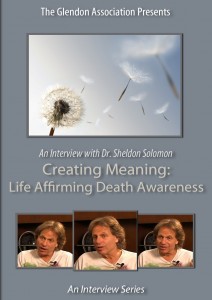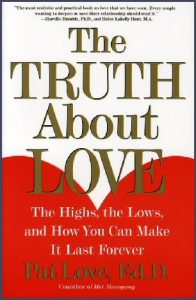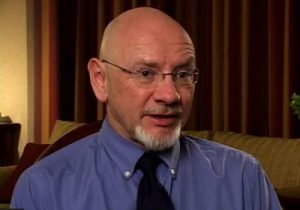Dr. Sheldon Solomon on the Higher Education Opportunity Program (H.E.O.P.): Exclusive Interview
The following transcript contains part of an exclusive interview with Dr. Lisa Firestone and Dr. Sheldon Solomon.
Sheldon Solomon talks about a New York State program for economically and academically disadvantaged kids.
So New York State has a program for economically and academically disadvantaged kids. And they pay for half and Skidmore pays for the other half. And these are kids, you know, from every kind of horrible background imaginable. You know, my parents died of AIDS and I grew up in a refrigerator box under the George Washington Bridge. I came from Afghanistan where my folks were killed. Just, you know, every terrible thing. You have the rural white trailer trash, if you’ll pardon the expression. But a whole just bouillabaisse of troubled kids, either troubled economically or academically or some combination thereof. And by definition, to qualify for this program, you have to be piss poor and your academic record has to be so that you’re not qualified to come for college. And there’s an irony there. So to get in to this program, you have to be rejected from Skidmore. But the idea is that someone has spotted something about you where the claim is that if you were given an opportunity, you would take advantage of it and thrive. So, 25 years ago I started working with these kids. It’s a six week –it’s actually now a five week program because it got shrunk because of budgetary concerns. And it’s basically a very rigorous program, 12 hours a day where the kids are given tremendously structured class work in reading, writing, math. My end of it is to introduce them to college level academic discourse – everything from philosophy to biology to psychology to literature. And then they get tutoring in the dorms at night. There’s probably a staff member for each kid. So it’s very expensive, very labor intensive. But the outcomes are phenomenal. They graduate at a higher rate than regular Skidmore students with equivalent grades. And they’ve been identified as one of the two or three best programs in North America. And, yeah, I’m real proud of that.
Order a DVD of Dr. Sheldon Solomon’s full interview with PsychAlive, “Creating Meaning“
 In this DVD, Dr. Sheldon Solomon addresses a variety of topics concerning how human beings can create meaningful lives in the face of death. In a lively and candid style, Dr. Solomon discusses the development of Terror Management Theory, the ways in which people form defenses against death anxiety and the concept of life affirming death awareness, arguing that we can “accept the reality of the human condition and parlay that into bringing out the best in us. ” He also addresses the societal effects of death awareness, including the social nature of human beings, the role of education and government, and the elements that make up an ideal society. Ultimately, Dr. Solomon advocates that people treat one another humanely and with a greater emphasis on compassion.
In this DVD, Dr. Sheldon Solomon addresses a variety of topics concerning how human beings can create meaningful lives in the face of death. In a lively and candid style, Dr. Solomon discusses the development of Terror Management Theory, the ways in which people form defenses against death anxiety and the concept of life affirming death awareness, arguing that we can “accept the reality of the human condition and parlay that into bringing out the best in us. ” He also addresses the societal effects of death awareness, including the social nature of human beings, the role of education and government, and the elements that make up an ideal society. Ultimately, Dr. Solomon advocates that people treat one another humanely and with a greater emphasis on compassion.
Read More from Dr. Sheldon Solomon
 Dr. Sheldon Solomon is a psychologist and the Ross Professor for Interdisciplinary Studies at Skidmore College. He is best known for developing Terror Management Theory, along with Jeff Greenberg and Tom Pyszczynski, which is concerned with how humans deal with their own sense of mortality. Dr. Solomon is the author or co-author of more than 100 articles and several books, including In the Wake of 9-11: The Psychology of Terror. He’s been featured in several films and TV documentaries as well as countless radio interviews.
Dr. Sheldon Solomon is a psychologist and the Ross Professor for Interdisciplinary Studies at Skidmore College. He is best known for developing Terror Management Theory, along with Jeff Greenberg and Tom Pyszczynski, which is concerned with how humans deal with their own sense of mortality. Dr. Solomon is the author or co-author of more than 100 articles and several books, including In the Wake of 9-11: The Psychology of Terror. He’s been featured in several films and TV documentaries as well as countless radio interviews.










Leave a Reply
You must be logged in to post a comment.